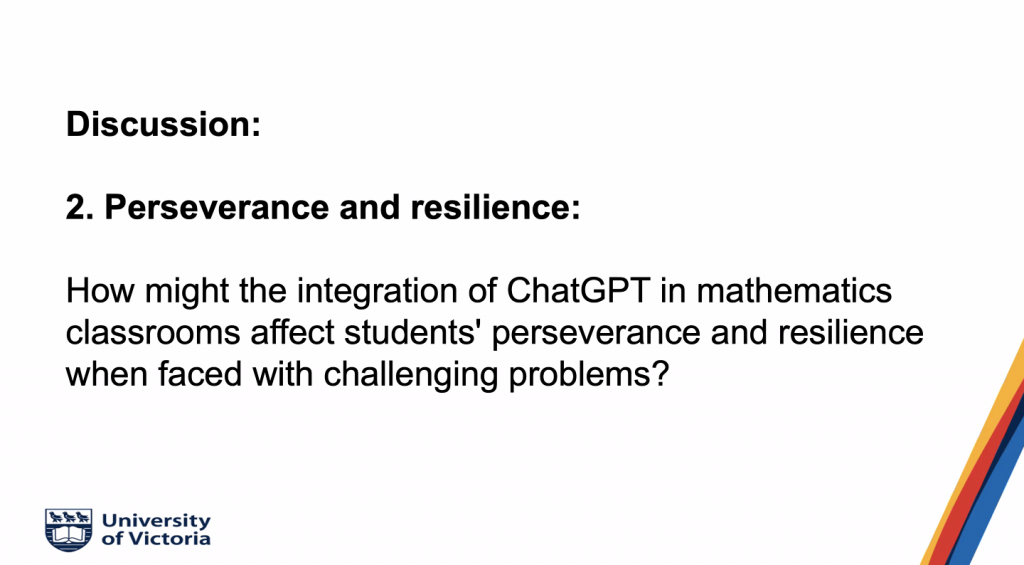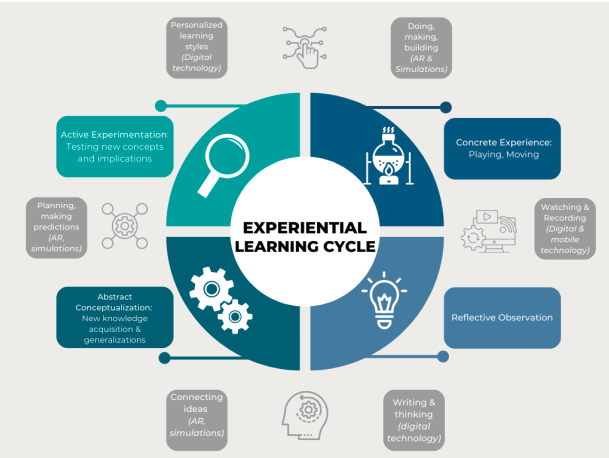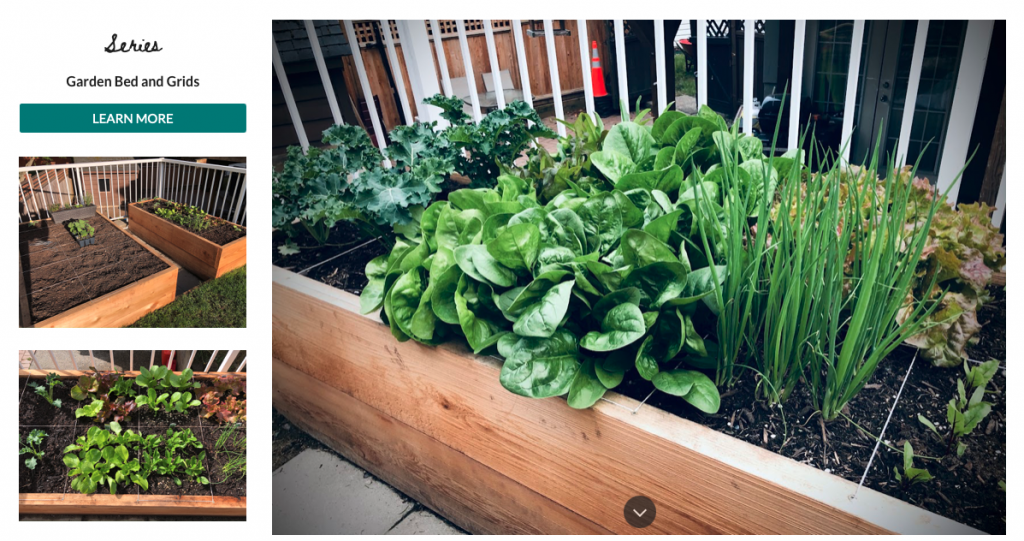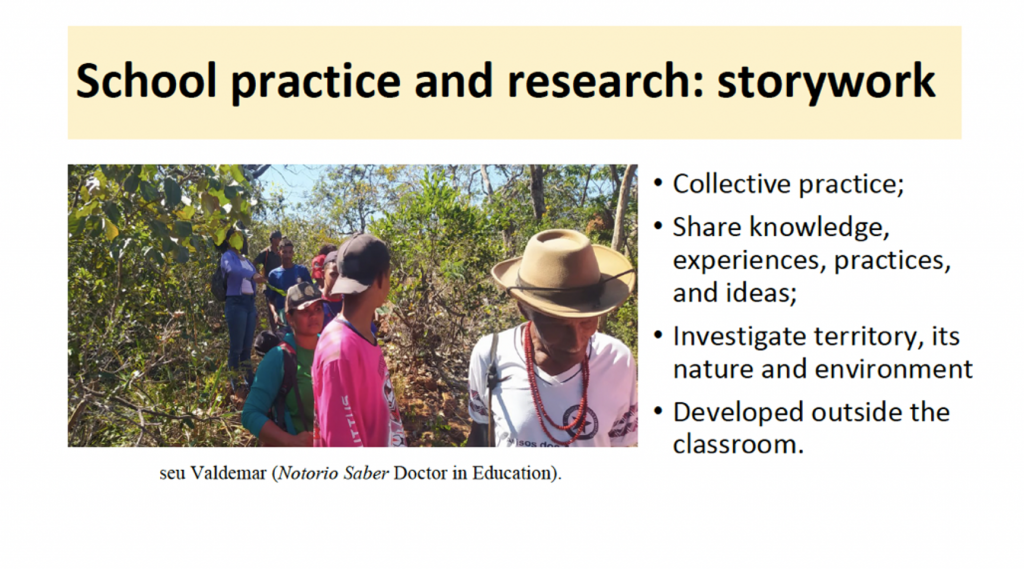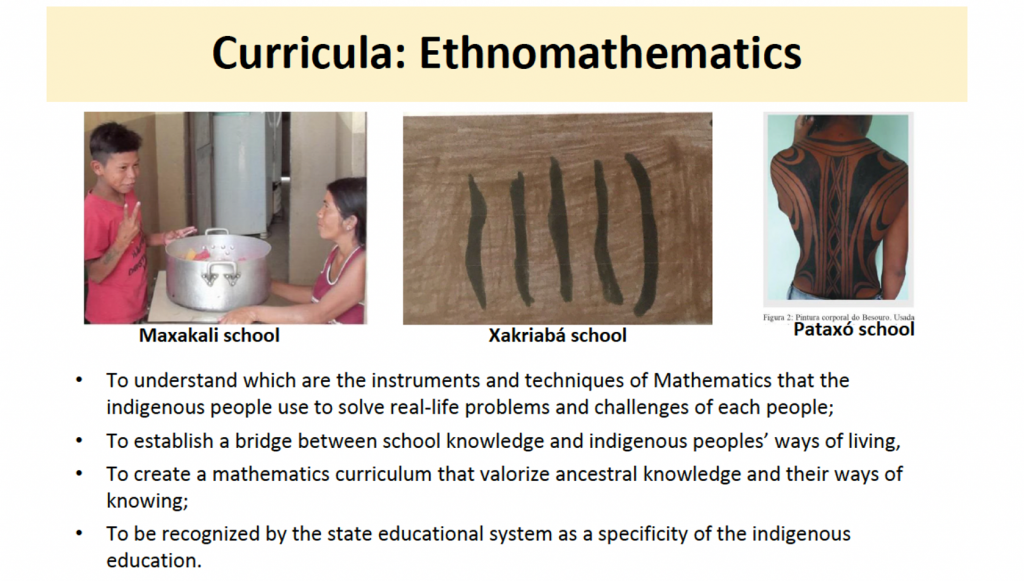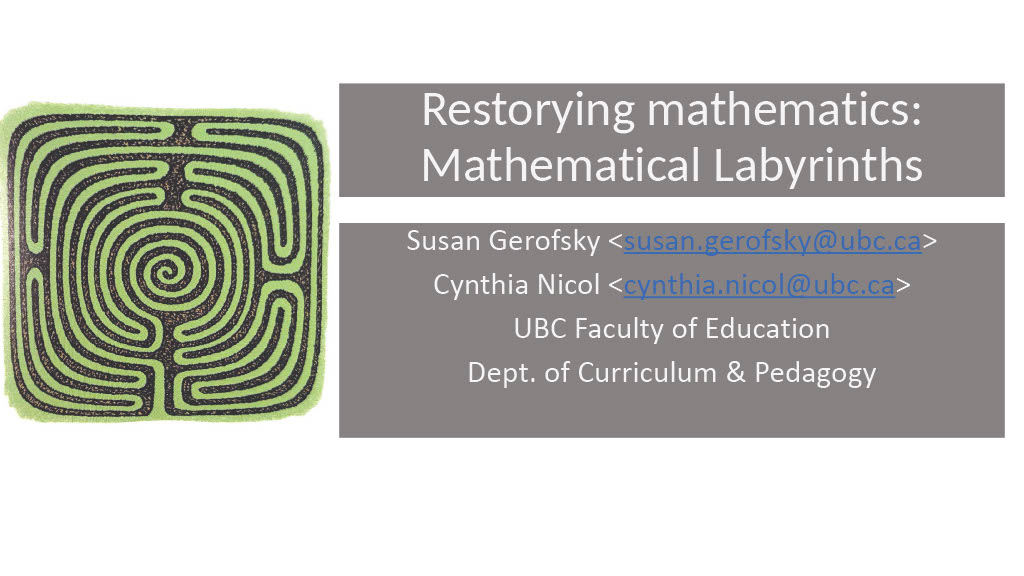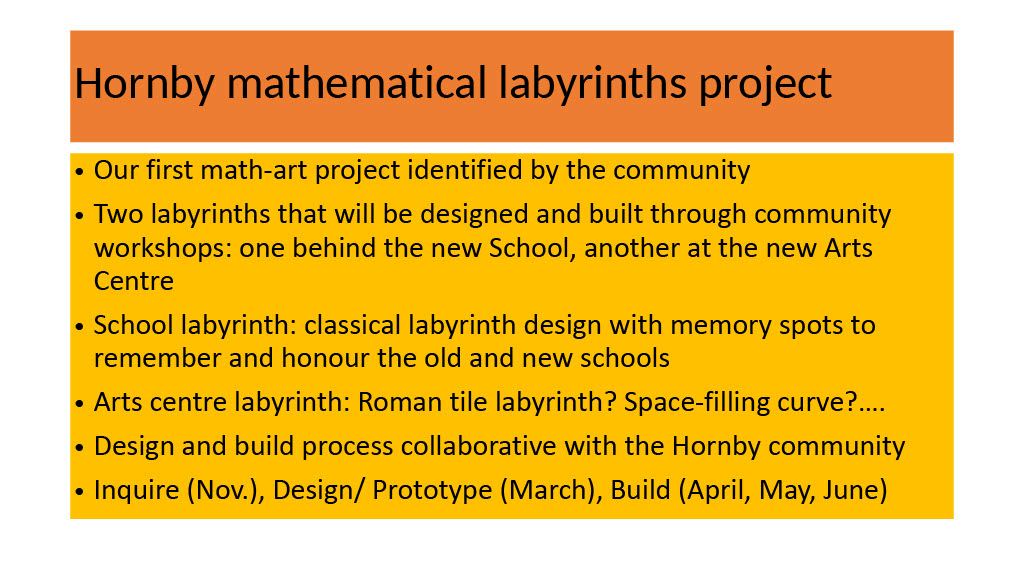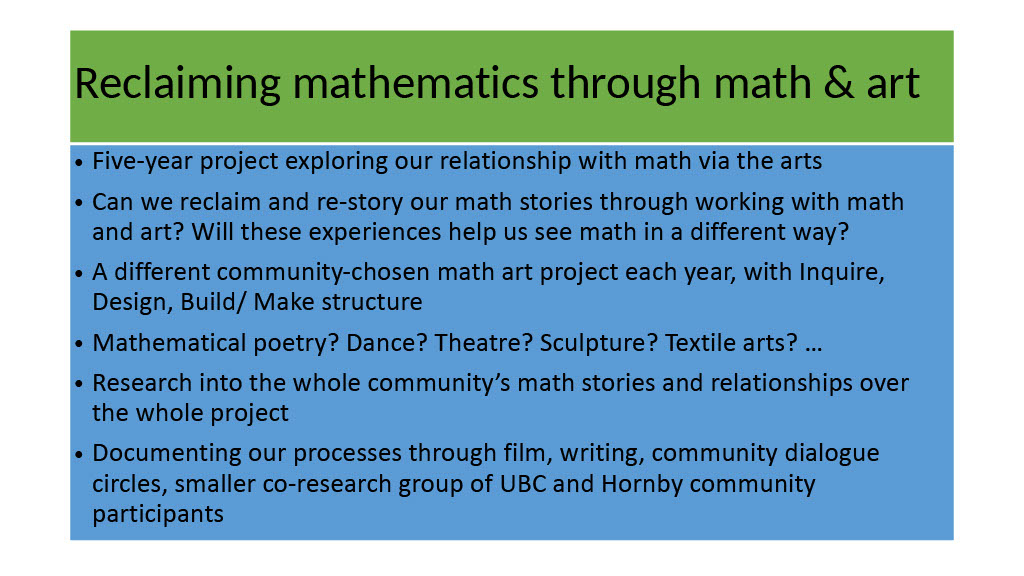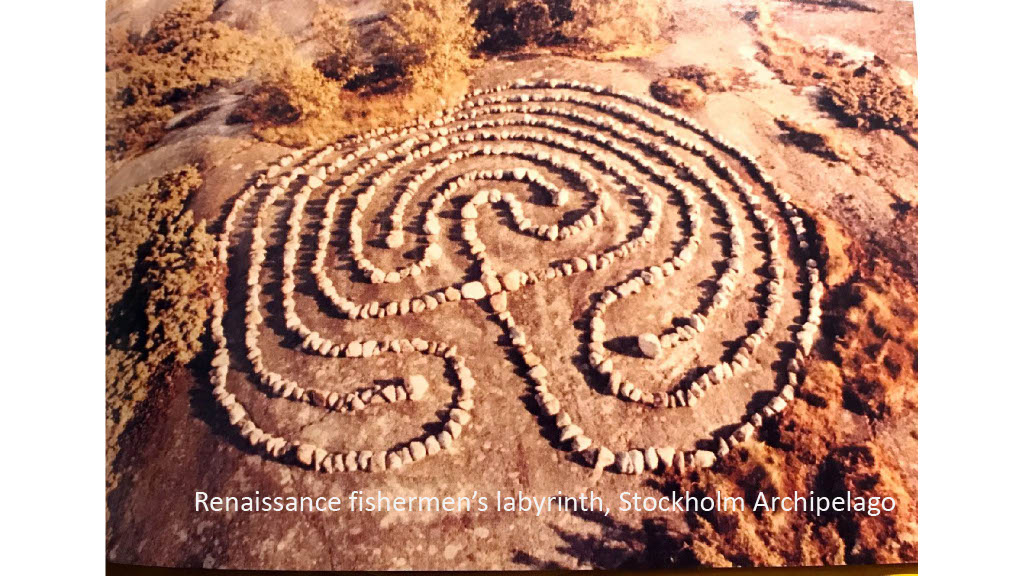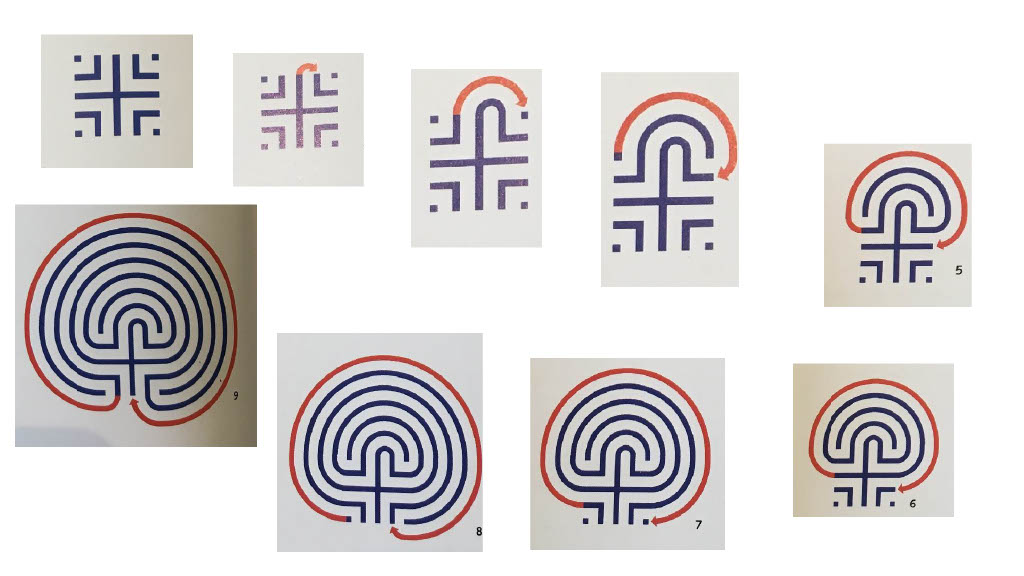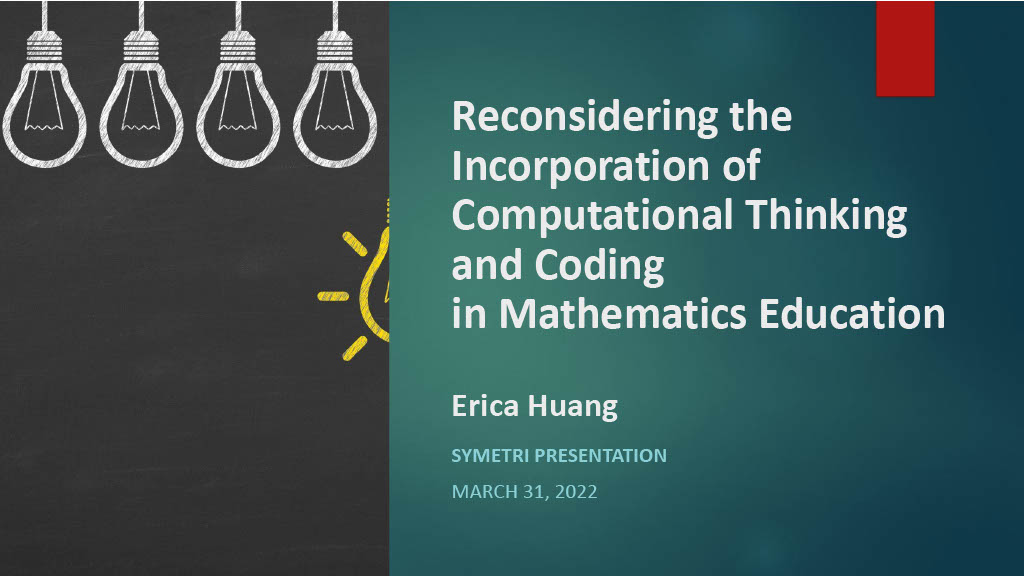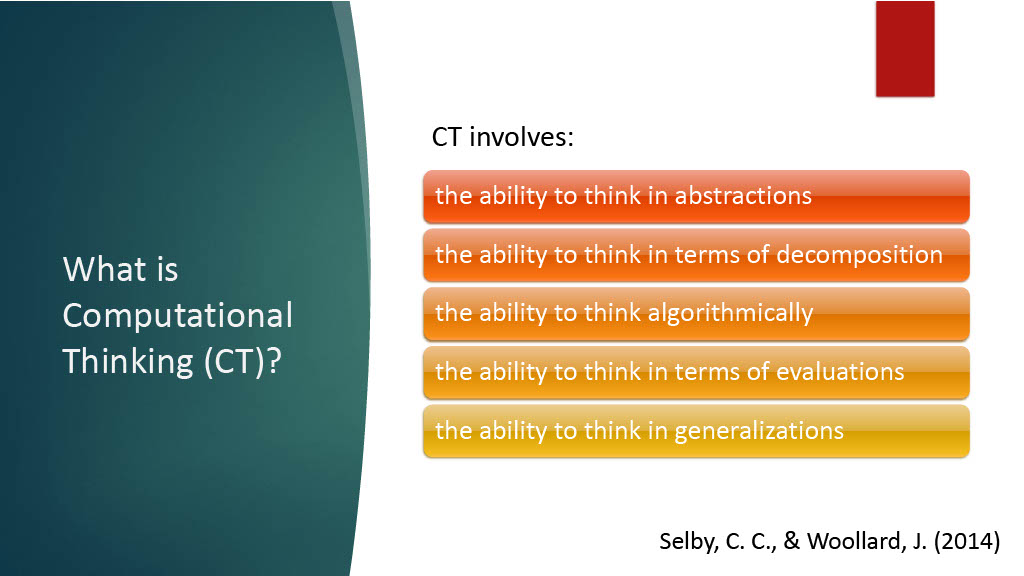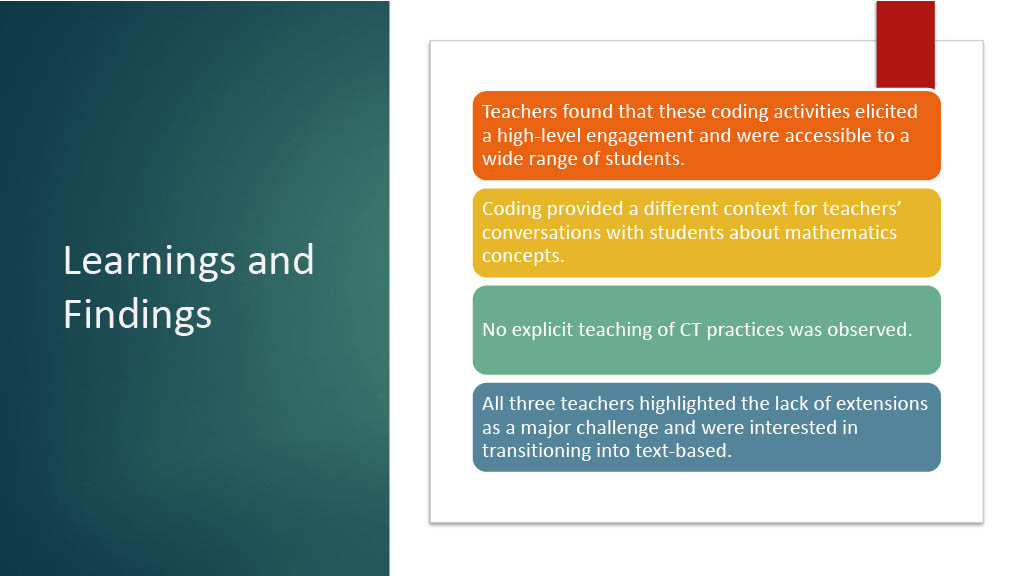Summary of SyMETRI Meeting: November 21, 2023 by Qiaochu Xu
Presenter/Guest Speaker: Dr. Tim Pelton, Associate Professor in Mathematics Education University of Victoria and Dr. Leslee Francis-Pelton Associate Professor in Mathematics Education at University of Victoria
Date: November 21st, 2023
Host: Dr. Cynthia Nicol
In the SyMETRI meeting on November 21st, 2023, Dr. Tim Pelton and Dr. Leslee Francis-Pelton from the University of Victoria captivated attendees with an in-depth exploration of ChatGPT-4’s application in math education.
This SyMETRI session offered an insightful examination of ChatGPT-4’s multifaceted role in the realm of math education. The audience gained access to a comprehensive analysis, encompassing the AI’s responsiveness to educational queries, its facilitation of academic writing, and its pivotal utility in graduate-level research pursuits.
The session’s highlight was a live interaction segment with ChatGPT. Attendees actively engaged in prompting the AI and observed its real-time responses—a captivating demonstration showcasing the AI’s practical capabilities within an educational context.
Moreover, the session fostered an interactive atmosphere, inviting the audience to contribute prompts for ChatGPT-4 and witness its immediate responses. During the meeting, SyMETRI members asked ChatGPT about the number of odd four-digit numbers without restrictions, and the AI provided an explanatory result. Discussions among SyMETRI members revolved around AI’s potential applications in diverse educational scenarios.
Dr. Pelton’s expertise in integrating technology into education shone through the session, offering attendees a glimpse into the exciting possibilities AI, particularly ChatGPT-4, presents in revolutionizing math education.
Here are some slides from the presentation:
Bio
Dr. Tim Pelton is an Associate Professor in Mathematics Education within the Curriculum and Instruction department of the University of Victoria. He teaches courses on elementary mathematics pedagogy and applications of technology in education. His research is primarily focused on theories, tools, and techniques that can be used to support these courses. Topics of interest include student response systems (selected or constructed), developing and evaluating apps to support learning of mathematical and scientific concepts, and developing essential fluencies. Applications of iPads in education to support learning – especially with respect to: exploring with manipulatives and visual models; confirming understanding through generation of learning objects, animations, and videos.
Dr. Leslee Francis-Pelton is an Associate Professor in Mathematics Education from Curriculum and Instruction at the University of Victoria. She currently serves as the department Chair in the Department of Curriculum and Instruction, where she leads department initiatives at both the undergraduate and graduate level. Her personal professional activities include teaching courses on the teaching and learning of secondary school mathematics, mathematical processes, and mathematical problem-solving. Her research focuses on the use of various technologies and problem-based learning in mathematics (e.g., mobile devices, LEGO robotics).

